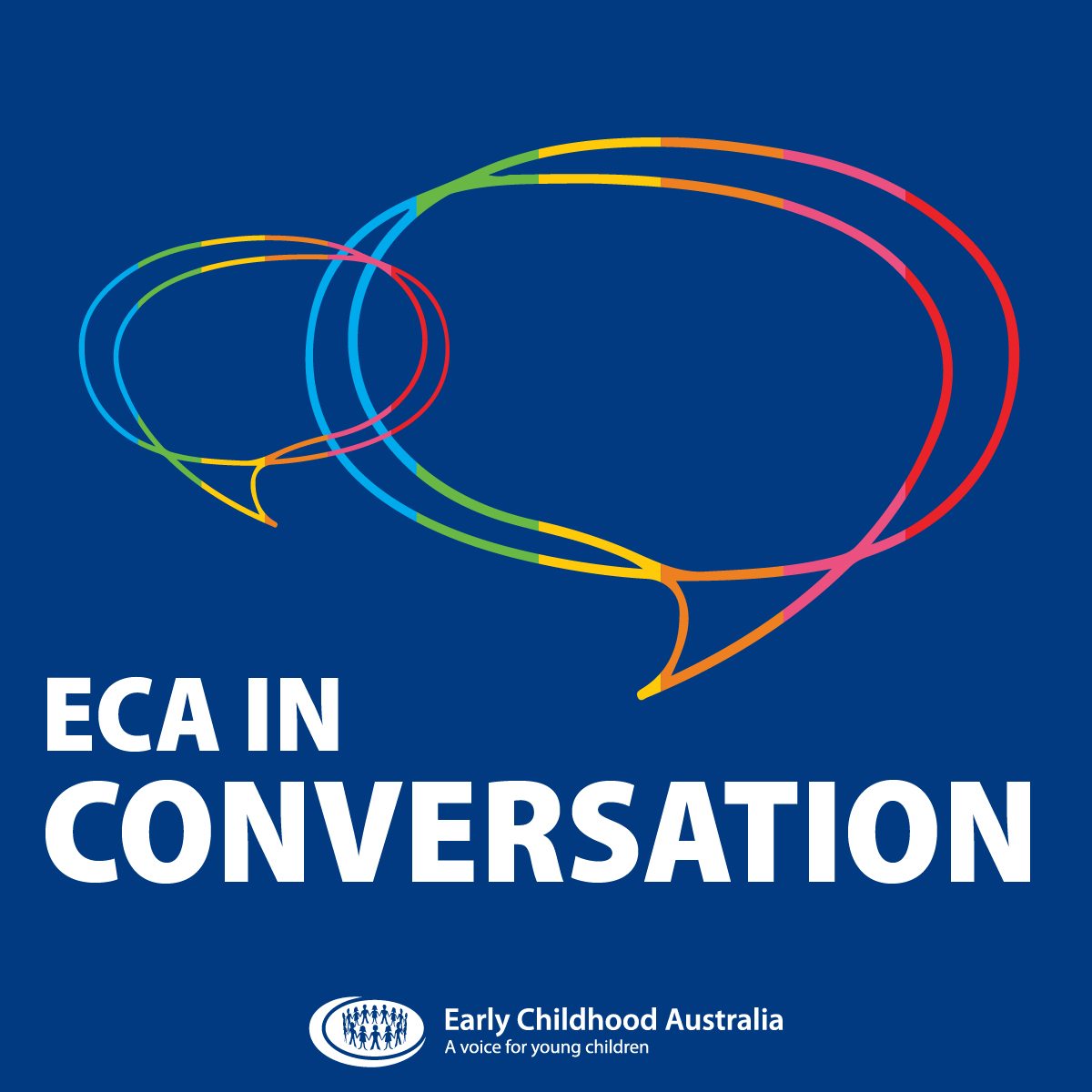
It may seem as though the early childhood sector has been the subject of constant reform over the past two decades, and really it has! With the design of national curriculum frameworks and the introduction of the National Quality Framework, along with reforms around child care subsidises and kindergarten funding, early childhood professionals may feel as though their heads are spinning. While the constant changes do present some challenges, it is important to also view these through a lens of opportunity and advocacy, particularly as we learn more about quality in the early childhood sector.
In this webinar, Catharine Hydon and Fay Hadley discuss:
- how to use data and evidence to support continuous quality improvement
- a selection of recommendations and implications from recently reviewed documents and their potential impacts on early childhood education and care settings and professionals
- how early childhood professionals can actively engage in advocacy for reform.
*** This is a recorded version of a live event ***

*** This is a recorded version of a live event ***
“Being ethical involves thinking about everyday actions and decision making, either individually or collectively, and responding with respect to all concerned” (ECA Code of Ethics, 2016). The release of EYLF V2 is a perfect time to take a moment to reflect on the continued connection of the document to the ECA Code of Ethics. As professionals, we have a number of ethical responsibilities and engaging in critically reflective dialogue around ethical pedagogy is one of these.
In this webinar, Catharine Hydon and Linda Newman discussed:
- the complimentary nature of the ECA Code of Ethics and the Early Years Learning Framework
- the role of ethics in professional practice
- examples of what ethical practice might look like in early childhood settings.